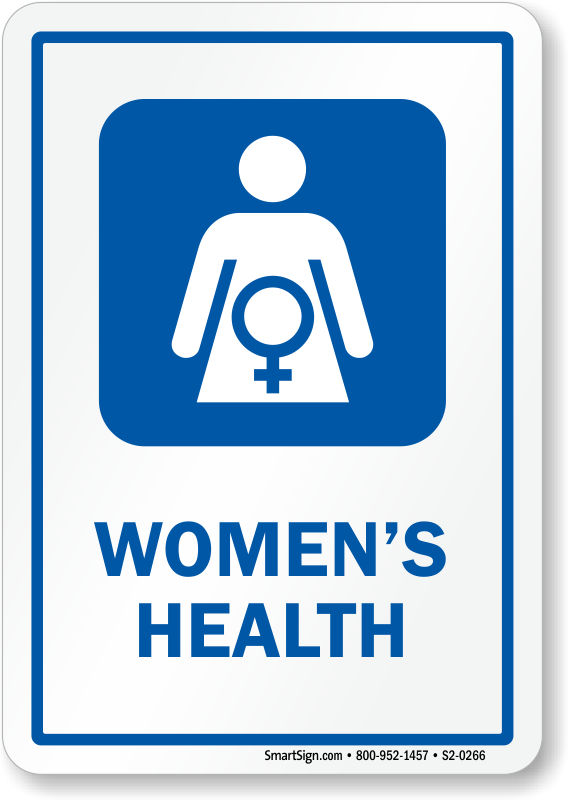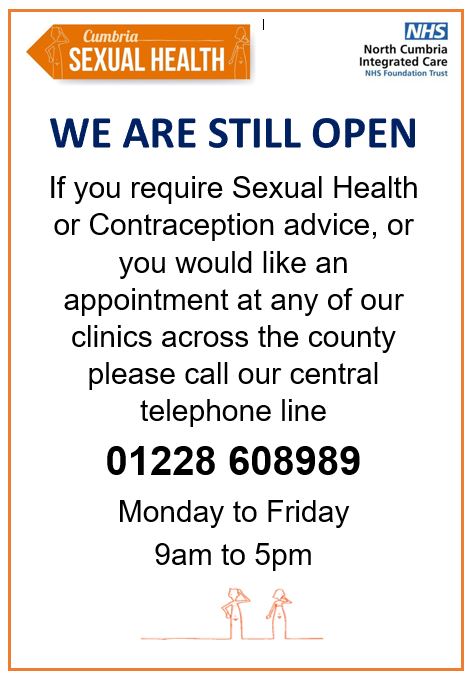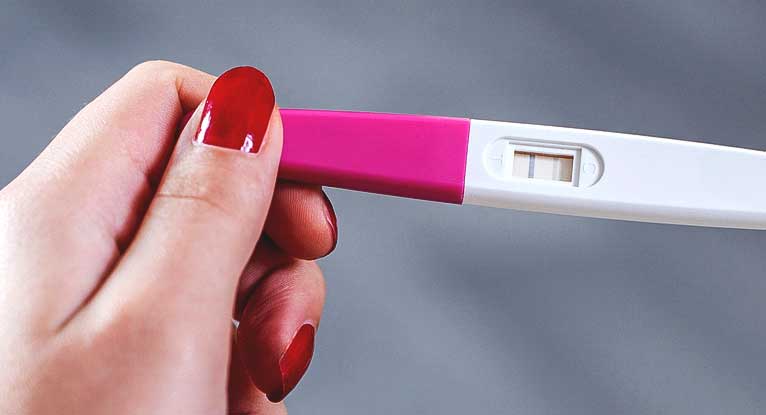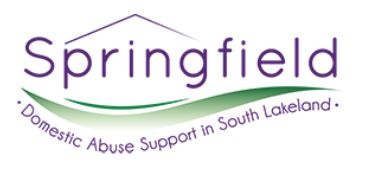Biologically speaking, females face a number of challenges through their lifetime; periods, puberty, pregnancy, hormone imbalances and menopause, and this is just when things are going well. Below is some helpful advice to offer more awareness of very common female health related issues.
Periods start between the age of 10 – 18.
A usual cycle will last 28-30 days. 7 days of this will be a period of menstruating (bleeding), although some report short periods of 3-4 days, and the other 21 days you do not bleed.
Looking after your and sanitary needs is really important, Brook has more info on periods and FAQ’s.
Diet, exercise and lifestyle are really important for maintaining a healthy, regular cycle. Many females notices that when they are stressed or have become more inactive or choosing unhealthy foods that their periods change. They may notice ‘missed’ periods, delayed onset or experience intense PMS symptoms.
PMS (pre menstrual symptoms) are not widely understood and some health professionals may dismiss severe symptoms as ‘normal’. If you feel very unwell, or if the symptoms affect you living a normal life it is important to seek help from a GP who listens and is willing to investigate your problems.
It’s really important for a female to keep track of her last period and pay attention to any changes or irregularities. If you are concerned, book an appointment with your GP and discuss your symptoms during an appointment. Download an App or try to keep a note in your phone.
Scroll down for more info on our Red Box Project
Puberty is the process of the body maturing in to an adult, ready to reproduce.
At school you may have had sex education lessons talking about this although we hear that students are often needing more information.
Brook, The Mix, Healthier Lancs and Cumbria, Caring for kids
Every 16-19 year old is entitled to free sanitary products if they are from lower income households in the UK. At College we have a box in the toilets or at the AMC receptions which you are welcome to help yourself to. If you would like to request a longer term supply please send a confidential text to 07515062617 stating a request for period products.
Most females (in opposite sex relationships) will experience the fear of a missed period, forgetting their contraceptive or feeling scared about having sore breasts. The best thing to do is to take a pregnancy test as soon as possible.
Please see advice here from NHS.
What is important is that it is your body and you have the overall decision about whether you choose to proceed with a pregnancy or if you wish to look at other options.
Most contraception relies on the female to take action to protect themselves from a sperm cell fertilising one of their egg cells. This is only necessary for sexually active people, although some choose hormone based pills to counteract negative symptoms of things like PCOS (see below).
There are lots of options; hormone based pills, coils, implants, injections, condoms, rings etc.

Endometriosis
This is a complicated but very common condition that needs to be managed well. Diet, exercise and stress management are important. For more info talk to your GP, the wellbeing service or click here for more info
Poly Cystic Ovary Syndrome (PCOS)
1 in 10 women have PCOS. It causes acne, mood disorders, pain and irregular periods to name a few symptoms. Find more info here.
Thrush
Thrush is very common, very treatable and very uncomfortable. You can access treatments from pharmacists, GP or sexual health clinic. Click here for more info.
Bacterial Vaginosis
Bacterial Vaginosis is very common and also easily treated. Speak to your GP or Pharmacist for more info or click here
Red Box Project
Last year Kendal College joined the Red Box project, we placed Red Boxes in all major toilets at Milnthorpe road campus and in the disabled/gender neutral toilet. There is also easy access in the Allen.
The Government have provided all schools and colleges with supplies of period products for those in need. If you would like a month’s supply at a time please visit Learning Services in room 214.
Let’s normalise periods!

Smear Test or (Pap Smear)
For women over the age of 25, smear tests are offered to test for cervical cancer, these can seem daunting but trained nurses will help you feel relaxed and reassured. It’s important to get checked.
Pregnancy
For biological females, the possibility of pregnancy is likely. Pregnancy occurs after vaginal intercourse and where contraception has not been used or has failed (all methods of contraception are usually 95%-99% effective).
Typical signs that you may be pregnant:
– Feel sick
– Feel tired
– Have sore or tender breasts
– Experience mood-swings
– late or missed period
If you have any of these symptoms it is important to take a pregnancy test, these are available cheaply at a range of shops (e.g. bodycare, pharmacies and supermarkets).
If you have just had a miscarraige, you may get a false positive result as it tests hormones levels in your pee.
If you are pregnant it is important to seek support from your GP as soon as possible to confirm and discuss options.
For more support:

Support
Before making any decisions around your pregnancy, speak to your loved ones and partner to discuss what will be the best option for you and the potential child.
Consider:
Are you at a stage in your life where you can manage the demands of a child?
Do you have enough money to support a child?
Will you study/work whilst being a parent? If so, consider childcare options and costs (£131/week on average).
Do you have a good support network to help you raise the child, dependable family members, friends etc?
Not the right time?
There is no doubt this will be an emotional decision, whether you want children in the future or not. It is important to be kind to yourself and think through options carefully. Nationally there are more terminations than you may think, it is more important that you are at a stage where you can be the best parent possible. For example if you are struggling with your health, mental health or are financially unstable consider how the child would experience this?
If you have decided not to carry on with the pregnancy, read this advice on how to prepare for the termination procedure (also called an abortion).
Antenatal results and choices
ARC have advice and a support line if you are wondering how to manage a pregnancy. The helpline is answered by trained staff Monday to Friday, 10.00am-5.30pm call 0845 077 2290 or 0207 713 7486 from a mobile.
ARCH Trust
Abortion Recovery and Care Helpline Free phone counselling 01412265407 Free Helpline 03456038501
British Pregnancy Advisory Service
Advice on all matters relating to pregnancy; having a baby, miscarriage, termination, contraception and vasectomy
Marie Stopes
Marie Stopes is the leading provider in sexual, reproductive health and pregnancy. Call free for termination aftercare 0345 300 8090
Going to be a Dad?
Has your partner told you that they are pregnant? Click here for NHS advice about how to support them
Menopause
It’s never to early to learn about the menopause and there are lots of resources out there to help.
Menopause usually occurs in your early 40’s to mid 50’s, however it can occur before then in rare cases.
Even if it doesn’t apply to you, it may help you understand other people such as your mother/carer, aunties, grandparents etc.
Find more info here:


